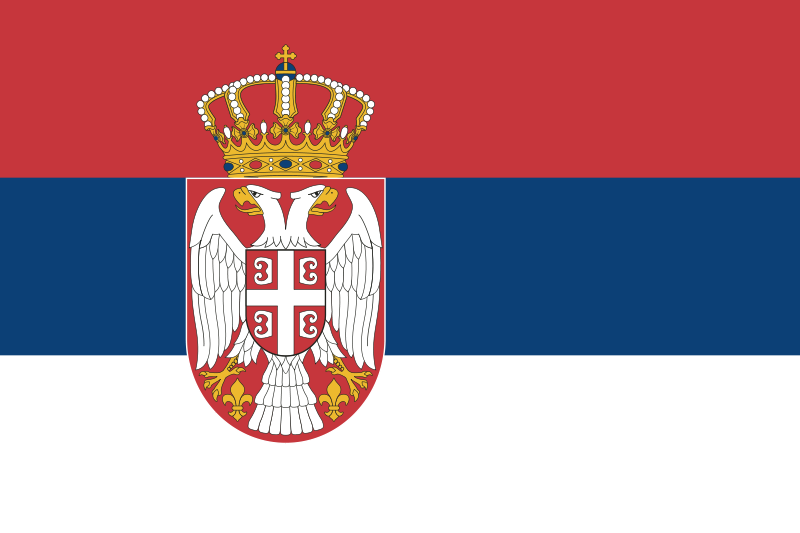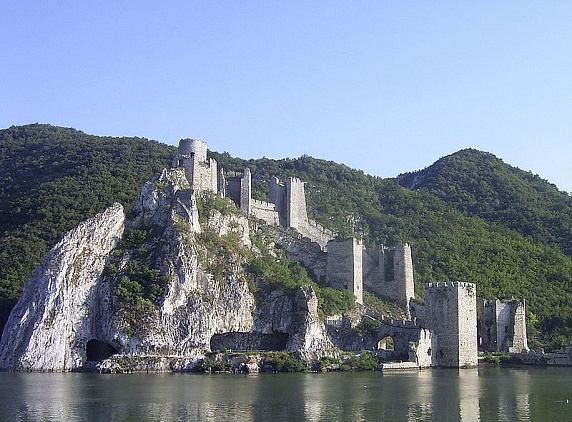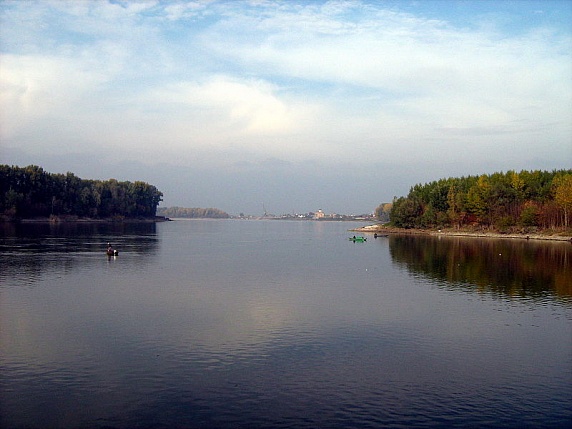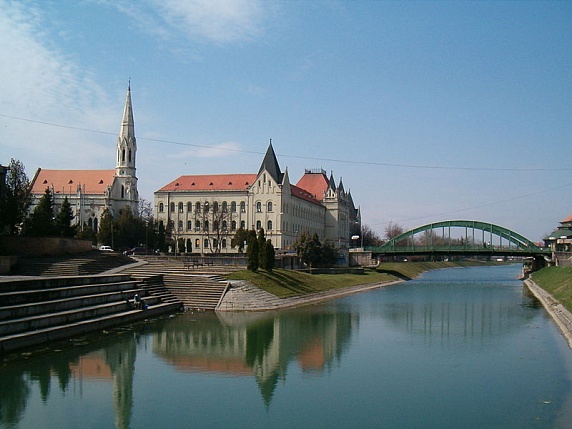 la República de Serbia
la República de Serbia
Foreign Minister Sergey Lavrov’ statement and answers to media questions at a joint news conference following talks with President of the Republic of Serbia Aleksandar Vucic, Belgrade, June 18, 2020
Ladies and gentlemen,
Mr President,
First of all, I would like to once again, on behalf of my delegation and on my own behalf, express gratitude to our Serbian friends for their hospitality and warm welcome, which we are traditionally accorded here. We feel at home here.
President Vucic and I had an in-depth discussion on key bilateral issues. Our relations are dynamic and in line with the strategic partnership between Moscow and Belgrade. We are satisfied with the productive political dialogue, primarily, at the highest level. Today, we have substantively reviewed implementation of the agreements reached by our presidents during Mr Vucic’s visit to Sochi in December 2019 and during a series of telephone conversations this year.
We are making good progress in our trade, economic and investment relations. Last year, trade amounted to over $2.5 billion, up by over 22 per cent, which shows the effective work of the Intergovernmental Commission on Trade, Economic, Scientific and Technical Cooperation. We interact particularly closely in energy, transport infrastructure, agriculture, industrial cooperation and the high-tech industry, including the peaceful use of nuclear energy and digitalisation. According to President Vucic, military-technical cooperation is very successful as well. Our people-to-people and cultural ties, as well as interparliamentary exchanges, are quite extensive.
We praised our cooperation in countering the coronavirus pandemic. As you are aware, specialists from Russia’s Defence Ministry worked here for 45 days and carried out the needed measures at 178 sites in almost 40 towns. We appreciate the fact that our Serbian friends are reciprocating at this stage.
We stand united when it comes to the importance of preserving the historical truth and unacceptability of revising the outcome of WWII, which is especially important in light of the 75th anniversary of Victory over Nazism marked this year. We are expecting to see President Vucic in Moscow during the festivities (next week) dedicated to this significant anniversary. The guard-of-honour company of the Armed Forces of Serbia will take part in the parade on Red Square as well.
The Russian and Serbian Orthodox churches maintain a close dialogue which focuses on upholding the integrity of the Orthodox world and centuries-old canons. The majestic Church of St Sava in Belgrade, with its wonderful mosaic decoration, for which Russia, represented by Gazprom Neft, donated around 10 million euros, remains the symbol of our spiritual unity.
We noted the balanced policy of Serbian leadership in seeking to build mutually beneficial ties with all interested countries. Belgrade has repeatedly reiterated its commitment to maintaining military neutrality, which we welcomed.
We also discussed regional affairs. As President Vucic said, we exchanged views and opinions on the current developments with regard to the Kosovo problem. This problem remains unresolved. Russia proceeds from the premise that the European Union, holding the UN General Assembly mandate as a mediator in the dialogue between Belgrade and Pristina, must not step back from its duties and must perform them impartially and efficiently to achieve implementation of the decisions made earlier. In particular, I am talking about the decision to establish an Association/Community of Serb Majority Municipalities in Kosovo, a decision that many prefer to have forgotten about. This decision was reached between Belgrade and Pristina with the help of the EU and is, unfortunately, being openly sabotaged by the Kosovar Albanian authorities.
Russia’s stance on the Kosovo settlement remains unchanged. Today we confirmed it once again. We will support any effort, step or initiative that can actually help Belgrade and Pristina achieve a viable and mutually acceptable decision based on UN Security Council Resolution 1244. Allow me to remind you that it was at Russia’s proposal, I would even say at Russia’s insistence, that this resolution acknowledged Serbia’s territorial integrity. First and foremost, the decision that we all want to achieve must comply with international law and, of course, be approved by the UN Security Council. This is about ensuring international peace and security in this very important European region. We believe it would be counterproductive to force the so-called final normalisation and make it fit any artificial timeframes. As President Vladimir Putin has said more than once, we will only agree with a decision that is to the satisfaction of the Serbs themselves who are protecting their legal rights and interests in Kosovo.
We also exchanged views on the current situation in the Balkans, including in the context of the upcoming 25th anniversary of the Dayton Peace Agreement and a number of other events. We are united with our Serbian friends in that in this regard we well, we will counter any attempts to review these decisions. Such attempts are made by some of our colleagues in the region as part of the efforts to rewrite history. We will not allow any attempts to rewrite the history of either World War II or the events in the Balkans that happened 25 years ago. We will do everything we can to defend the approaches that do not infringe on Serbia’s interests. This country plays an important and positive role in ensuring peace and stability in the region at this point. Once again, I would like to thank our Serbian friends for their hospitality and our very productive work.
Question: I would like to ask about the conflict in eastern Ukraine. The Ukrainian side stated that the Package of Measures for the implementation of the Minsk agreements is not a binding document. Prior to that, the Ukrainian side insisted on introducing “their own” Donbass representatives to the talks as an alternative to Donetsk and Lugansk negotiators that had been involved in the talks since the beginning. How does Moscow see this? If they are trying to undermine the process, what might the consequences be? Are there any red lines for Russia that, if crossed, could prompt it to recognise the independence of the unrecognised republics in Donbass?
Sergey Lavrov: There can be no subjunctive moods in diplomacy. Regarding efforts to settle the crisis in the east of Ukraine, we only have one red line. It is the strict and full compliance with the Minsk agreements, in agreed sequence, as they stand signed by all representatives, including those in Kiev, the DPR and the LPR and approved without amendments by the UN Security Council.
Statements we hear from Ukrainian officials on the non-binding character of those decisions come either from evil or from total ignorance of the subject matter. I accept this as quite probable. Many people there are engaged in the Ukraine settlement in order to score points in the domestic political struggle.
Under Article 25 of the UN Charter, Security Council Resolutions are legally binding for all countries. This is quite clear to everyone who has read this key document of international law at least once.
We hear statements, even from the highest level of Ukrainian leadership, that the Minsk agreements are important exclusively for retaining the sanctions against the Russian Federation. I believe our Western colleagues who work with Ukraine and verbally confirm the lack of alternatives to the Minsk agreements should be ashamed of their wards.
We have repeatedly sent notices to the related international organisations – the UN, the OSCE, the Council of Europe, and to European capitals, above all Paris and Berlin (since they, along with us and Ukrainians, are part of the Normandy format and co-authors of the Minsk agreements) so that they bring Kiev’s representatives to senses. They should stop neglecting their obligations and dodging the UN Security Council requirements.
Question (re-translated from Serbian): You repeated Russia’s stance today that you support everything Belgrade and Pristina are agreeing on. If, hypothetically, someone guarantees us EU membership and a strong package of financial aid solely for our recognition of Kosovo and signing a treaty with Pristina for everyone to go along together, would you agree to that?
Sergey Lavrov: This question should be addressed to the Serbian people and Serbian leaders, not me. We know the position of President of Serbia Aleksandar Vucic and his team, it has been expressed a number of times. It boils down to the fact that Belgrade will be guided in talks, contacts and consultations on the Kosovo problem exclusively by the national interests of Serbia and its people.








